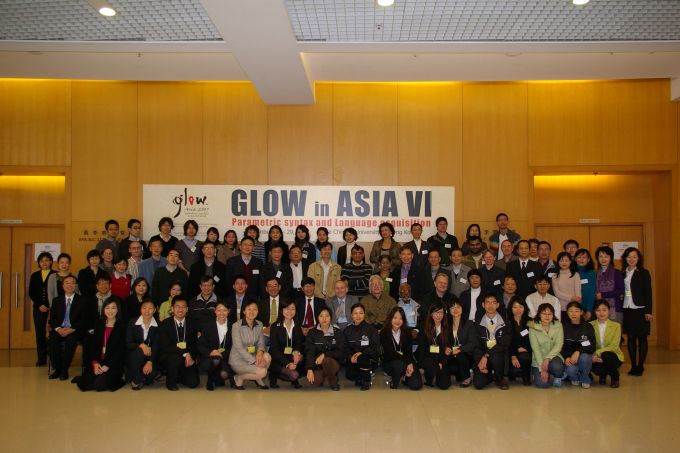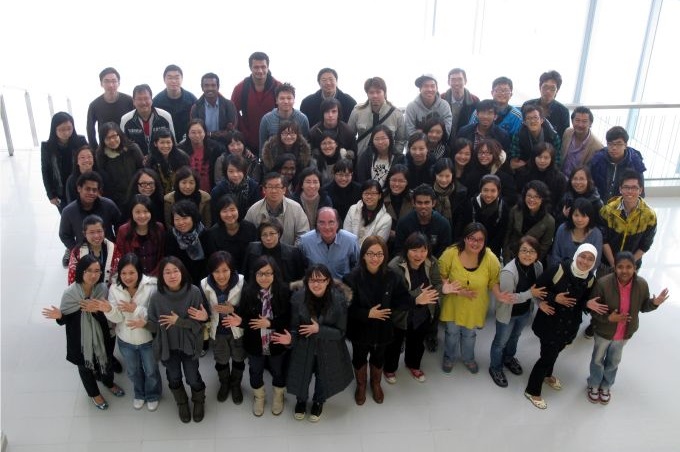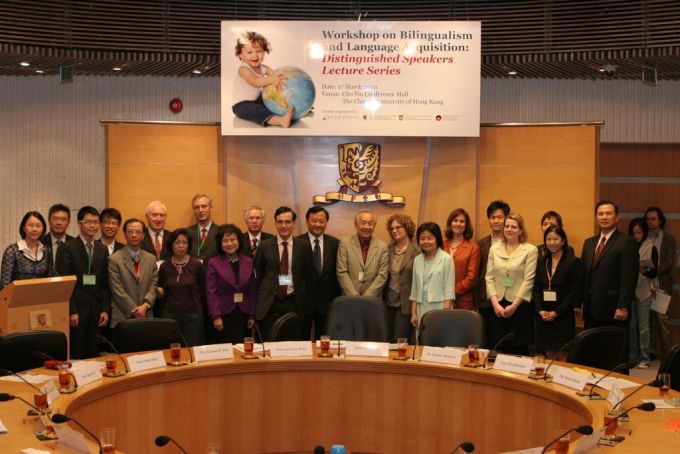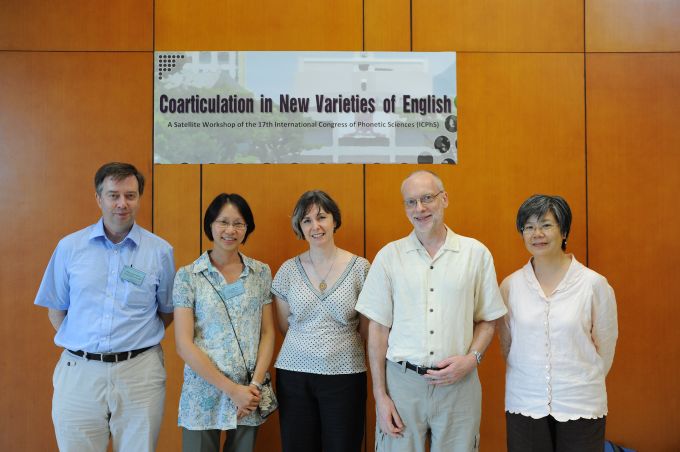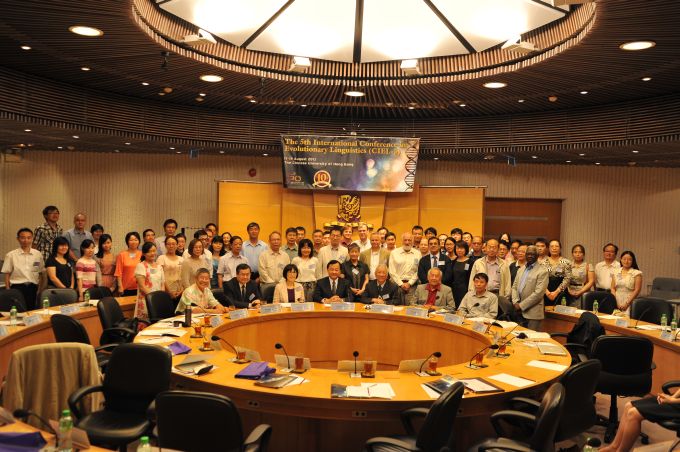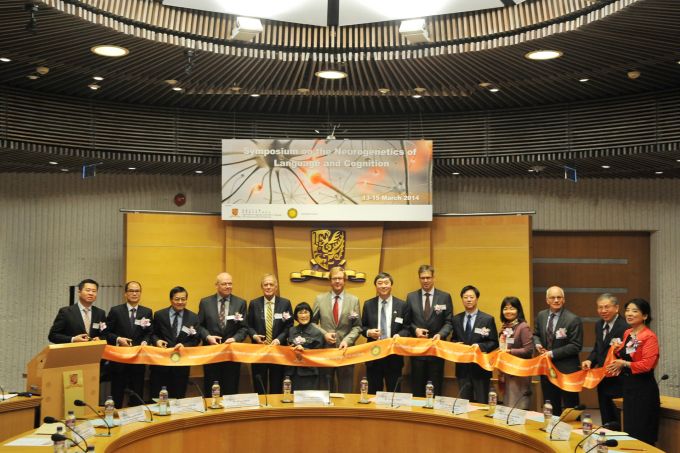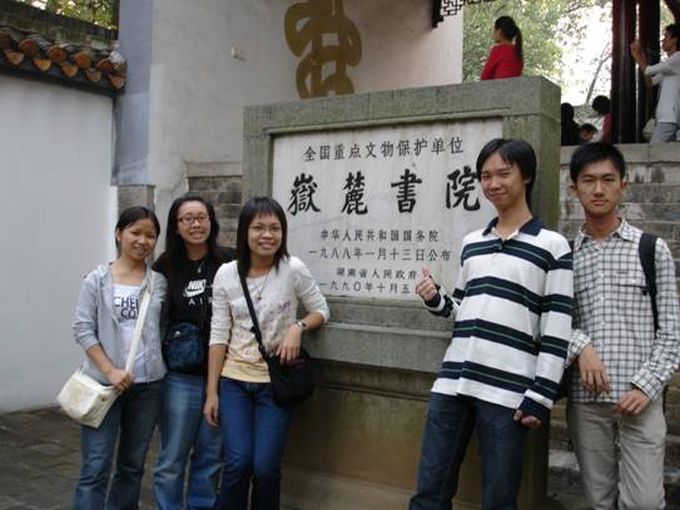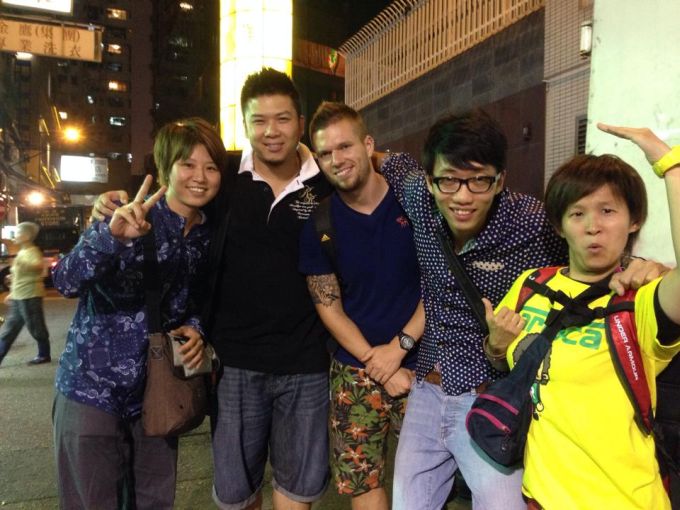Thomas Hun-tak Lee, Chairperson
Founded in 2004, the Department of Linguistics and Modern Languages has evolved in the last ten years from a team of around a dozen faculty members to its current strength of more than twenty. The department had its early roots in the Department of English and the Committee on European Languages, but in view of later academic developments, the University saw the need for an independent department that is concerned not only with English or Chinese or particular languages, but with the scientific study of general properties of language, from a cross-linguistic and comparative perspective. Our Linguistics faculty is known for its expertise in comparative linguistics (in the areas of phonetics, phonology, syntax and semantics), first and second language acquisition, bilingual acquisition, sign linguistics, and the cognitive neuroscience of language. While much of our research is concerned with local languages and the languages of China, the theoretical focus has always been on the discovery of properties and principles that shed light on language and mind. Our Modern Languages faculty members have distinguished themselves in the teaching of French, German, Korean and Spanish, widening at the same time their course offerings to include other languages such as Arabic, Hong Kong Sign Language, Italian, Russian and Thai. The enrollment figures of our Modern Languages courses more than doubled, rising from 2,060 students in 2004-05 to over 4,700 in 2013-14.
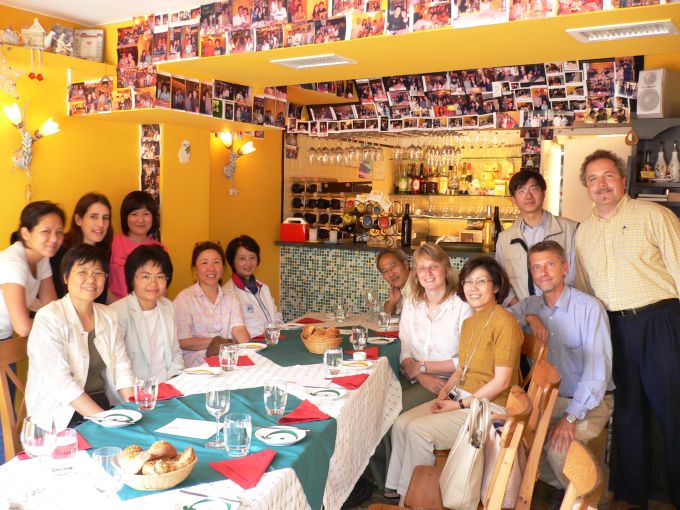 Staff Retreat, 2005 Staff Retreat, 2005 |  Wuhan Field Trip, 2006 Wuhan Field Trip, 2006 | 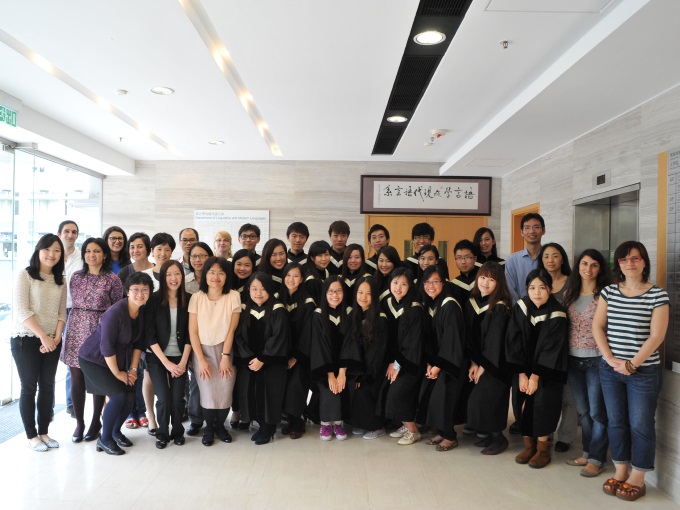 Graduating Class, 2014 Graduating Class, 2014 |
The curriculum of the Linguistics major programme reflects the central philosophy of the department. We aim to heighten students' sensitivity to the structure, acquisition and use of language with two built-in features. Students are required to take a course on the grammar of English and another on the grammar of Cantonese or Mandarin; in addition, they are required to take at least 9 units of Modern Languages to increase their awareness of language diversity. To acquire concepts for linguistic analysis, students undergo systematic instruction in various foundational aspects of language, with respect to the sound system, sentence structure and the interfaces between meaning and form. In addition, students can choose from a wide range of electives, on first and second language acquisition, bilingualism, sign linguistics, computational linguistics, neurolinguistics, applied linguistics and sociolinguistics. For the department as a whole, we seek to achieve interdisciplinarity in research and training between Linguistics and Modern Languages, and among the linguists themselves.
 Compared to other departments of long standing in the Faculty of Arts (Philosophy or History for example, which have been around on campus for 50 years), ours is a very young department. A decade is but a brief moment on the larger time scale of the development of an academic discipline like Linguistics, especially in the socio-historical context of Hong Kong, a community that has never put much premium on basic research that promises no immediate utility. Our faculty members have, however, made active efforts in their respective specializations and have won some degree of recognition for their individual contributions, and for the department as a collective entity. CUHK Linguistics has ranked consistently in the top 50 in the QS World University Rankings in recent years, and our Modern Languages has ranked favorably in the most recent QS rankings (No. 11). We do not in any way take these ratings as reliable indicators of accomplishments, being aware of the inherent biases of such rankings and their haphazard trends. But they seem to indicate that we have been striving seriously toward our goals.
Compared to other departments of long standing in the Faculty of Arts (Philosophy or History for example, which have been around on campus for 50 years), ours is a very young department. A decade is but a brief moment on the larger time scale of the development of an academic discipline like Linguistics, especially in the socio-historical context of Hong Kong, a community that has never put much premium on basic research that promises no immediate utility. Our faculty members have, however, made active efforts in their respective specializations and have won some degree of recognition for their individual contributions, and for the department as a collective entity. CUHK Linguistics has ranked consistently in the top 50 in the QS World University Rankings in recent years, and our Modern Languages has ranked favorably in the most recent QS rankings (No. 11). We do not in any way take these ratings as reliable indicators of accomplishments, being aware of the inherent biases of such rankings and their haphazard trends. But they seem to indicate that we have been striving seriously toward our goals.
- International conferences and workshops organized by the Department of Linguistics and Modern Languages in recent years
- Research centres and laboratories of the Department of Linguistics and Modern Languages
- How students view Linguistics
Website for the 10th anniversary celebration of the Department of Linguistics and Modern Languages: http://www.cuhk.edu.hk/lin/10th/
International conferences and workshops organized by the Department of Linguistics and Modern Languages in recent years
| Date | Title of Conference/Workshop |
|---|---|
| 08-12.01.2007 | International Workshop on Nominalizers and Copulas in East Asian and Neighboring Languages |
| 16.08.2007 | Workshop on Early Childhood Phonology |
| 26.12. 2007 | Workshop on Acquisition of Function Categories in Asian Languages |
| 27-29.12.2007 | GLOW in Asia VI |
| 06.03.2008 | The Asia Pacific Sign Linguistics Research and Training Program Regional Meeting 07' & Inauguration Ceremony |
| 10.12. 2008 | Workshop on Sign Bilingualism in the Asia-Pacific Region |
| 11-12.12.2008 | International Conference on Bilingual Acquisition in Early Childhood |
| 29-30.12.2009 | Workshop on Milestones in the First Language Acquisition of Chinese |
| 28-30.01.2010 | Conference on Sign Linguistics and Deaf Education in Asia 2010 |
| 17.03.2010 | Workshop on Bilingualism and Language Acquisition: Distinguished Speakers Lecture Series |
| 22-23.12.2010 | Workshop on Acquisition of Scope and Phrase Structure: Comparative Perspectives |
| 16.08.2011 | Workshop on Coarticulation in New Varieties of English |
| 22-23.08. 2011 | Workshop on Psycholinguistic Representation of Tone |
| 10.12. 2011 | Annual Research Forum of Linguistics Society of Hong Kong |
| 15-16.05.2012 | International Conference on Bilingualism and Comparative Linguistics |
| 16.05.2012 | "A Dialogue on Sound Change: Past, Present and Future" between Prof. William Labov (University of Pennsylvania) and Prof. William Wang (CUHK) |
| 21-22.08.2012 | CUHK-Nankai Workshop on Language Documentation and Language Acquisition |
| 30.01-02.02.2013 | International Conference on Sign Linguistics and Deaf Education in Asia 2013 |
| 17-19.08.2013 | The 5th International Conference in Evolutionary Linguistics |
| 13-15.03.2014 | Opening Ceremony of The Chinese University of Hong Kong-Utrecht University Joint Centre for Language, Mind and Brain and Inaugural Symposium on the Neurogenetics of Language and Cognition |
| 19-21.06.2014 | Symposium on Sign Bilingualism and Deaf Education |
Research Centres and Laboratories of the Department of Linguistics and Modern Languages
 | The Centre for Sign Linguistics and Deaf Studies focuses on developing interdisciplinary research and professional training for Deaf and hearing students in the areas of sign linguistics, sign language teaching, language development of deaf children and deaf education. |
 | The Chinese University of Hong Kong-Utrecht University Joint Centre for Language, Mind and Brain represents an innovative effort to synergize and combine the strengths in three parallel focus areas of research, namely, (i) the biological basis of language learning and development, (ii) cognitive neuroscience and (iii) speech-language therapy on two campuses. |
 | The Childhood Bilingualism Research Centre is dedicated to the study of childhood bilingualism and multilingualism in diverse environments and communities with a focus on the development of Cantonese, Mandarin and English. |
 | The Language Acquisition Laboratory aims to promote the theoretical study of language acquisition and empirical research on the acquisition of Chinese languages and dialects. |
 | The Laboratory for Language, Learning and the Brain is dedicated to perform research that informs its understanding of linguistic behaviors to its biological core in order to improve clinical and pedagogical practices. |
 | The Language and Cognition Laboratory focuses on investigating how language is represented and processed in the human brain, and how different cultures, reflected in their languages, shape perception differently. |
How Students view Linguistics



